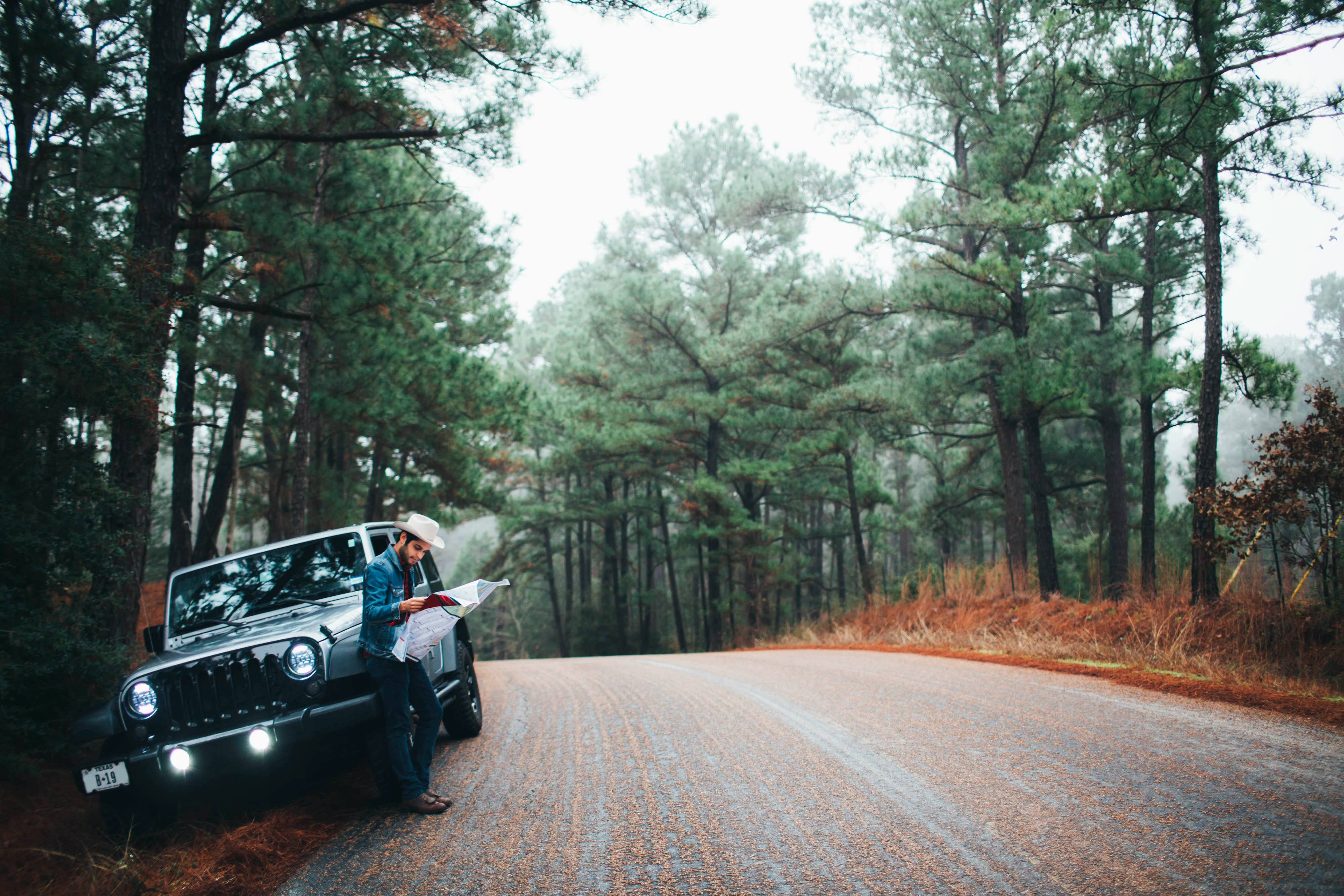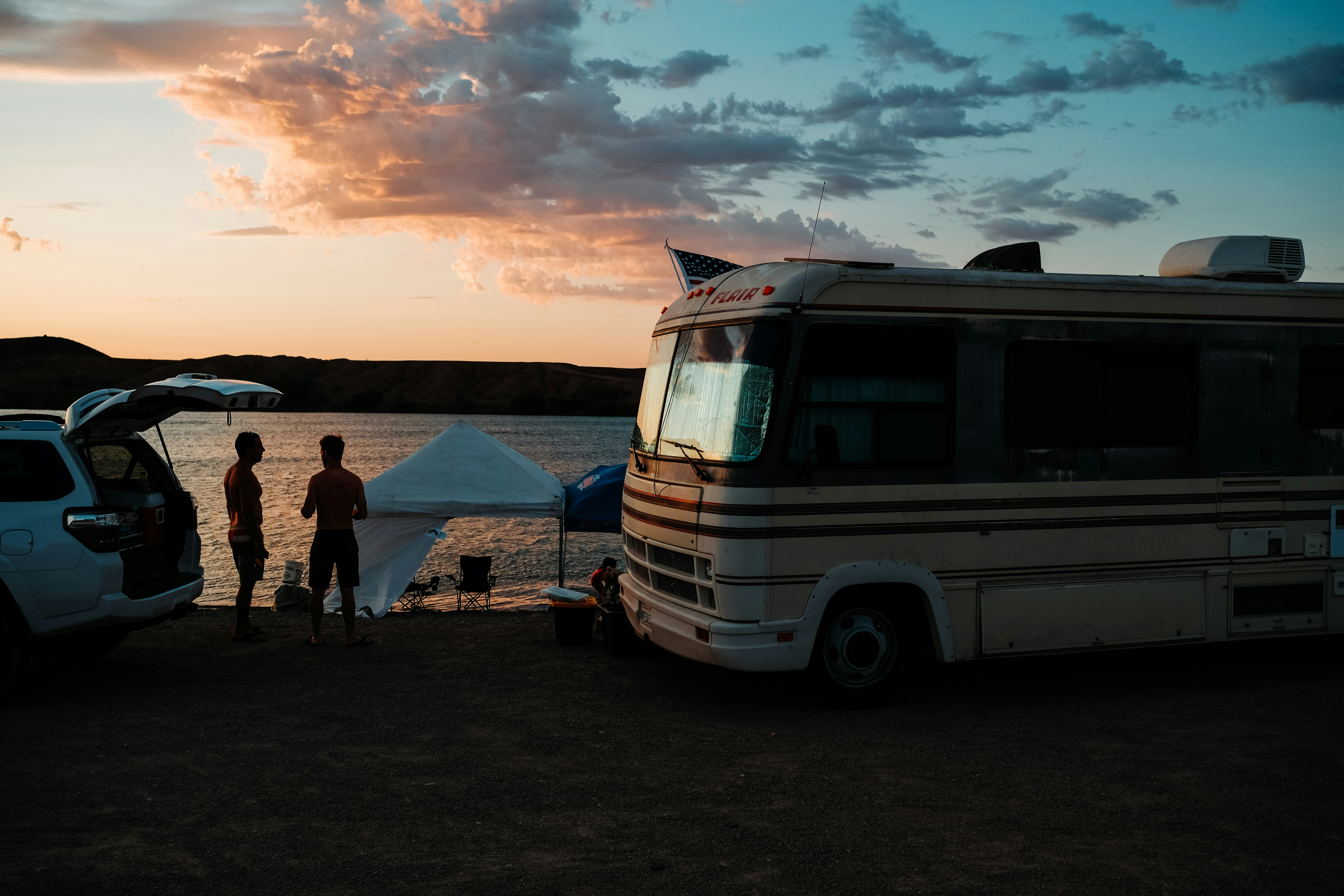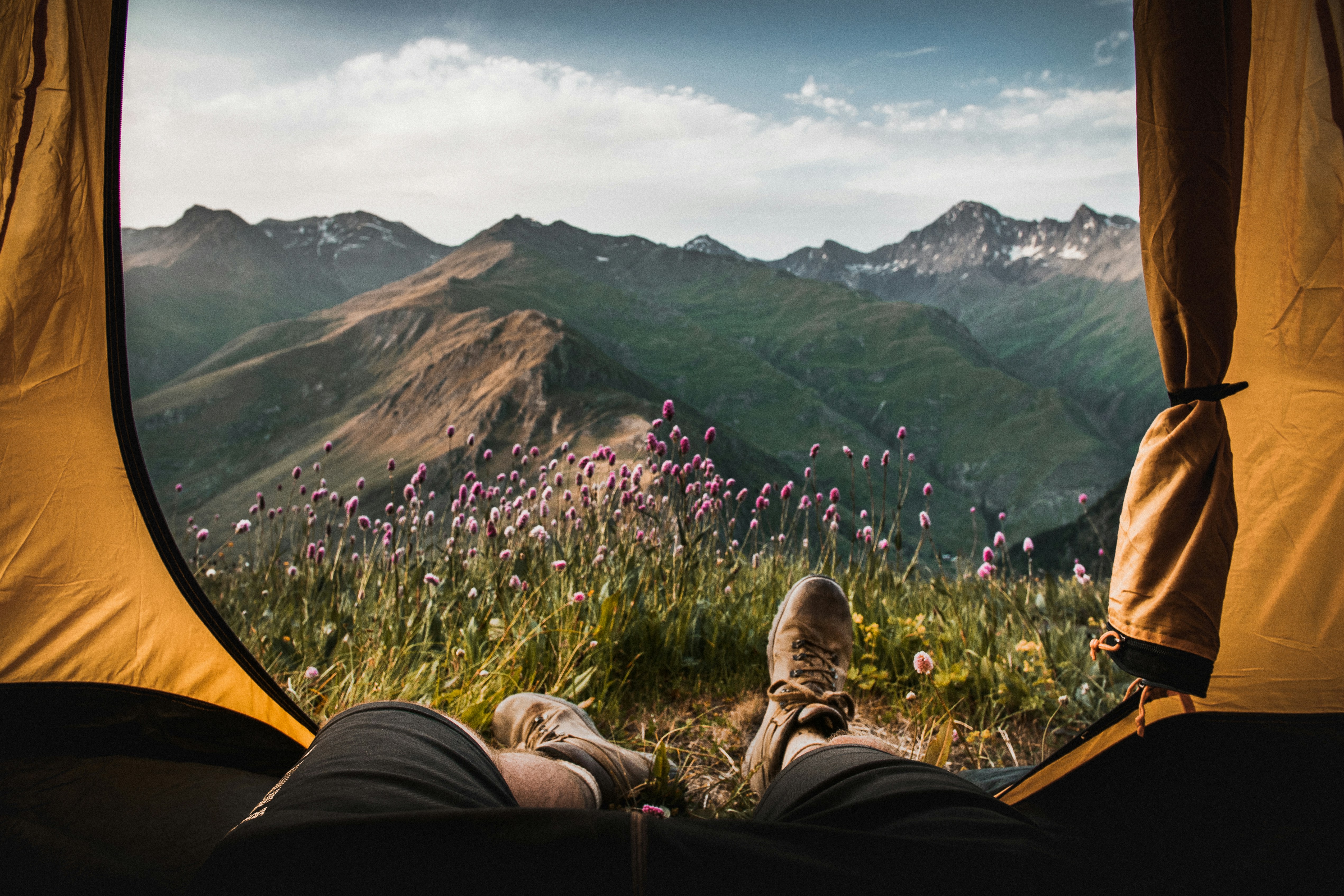Everything You Need for a Successful RV Trip
Road trips have become the ultimate vacation of 2020, especially in an RV. It’s the best way to get out of the city and have some safe, good fun during a national pandemic. While you don’t necessarily have to plan out your trip and just let the open road take you to wherever it leads, it can be a good idea to have a destination in mind and a few things to do along the way, especially if you have kids. You should make sure you have everything you need to have the best and memorable trip, from making sure your roadside assistance is current to having enough clothes packed.
Here’s how to plan the perfect road trip and to ensure you have everything you need.
Outline your road trip.

The first step to success is to, well, plan out the trip! It’s always fun to leave room for spontaneous adventures and let google maps take you wherever, but you should still have an idea of where you’re going and what you’ll be doing. You’ll need more supplies for a cross-country trek across the United States than you would for a weekend getaway to a national park. So what kind of trip will you and the family be taking?
Once you figure out the destination then you can iron out more details of your itinerary. If you’re taking small kids or the family, you should have some fun stops along the way. You don’t want to chance missing out on the world’s biggest ball of yarn! You should also map out potential campgrounds to stay at along the way. Road trips can be unpredictable at times, especially if you’re going to a new area. Keep these few things in mind:
- Will you be passing any tolls?
- Will you be driving through any construction areas?
- Is there any rest stops?
- Be aware of any low tunnels, mountain roads, driving conditions that make driving an RV harder
- Are there any specific stops or attractions you’ll want to see along the way?
Having a rough outline is better than having no outline for your trip.
Budget for your trip.
Now that you know where you’re going, it’s time to figure out how much money you’ll need to fund your travel plans. If you’re unsure of how to get started, here are some things to consider:
- The rough mileage estimate of the trip so you can determine the cost of gas.
- If you plan on staying at campsites, an Airbnb, hotel room, etc, remember the cost of those accommodations.
- Food and snacks.
- Cost of any activities, attractions, parks, or fun stops during the trip.
You should also keep in mind any emergencies that might occur on the road. You might need a tow or you might experience some kind of mechanical failure. It’d be a good idea to look into your RV warranty before the big day arrives. Unexpected breakdowns can be costly, and depending on the type of RV you own, it could ruin the entire trip.
America’s RV warranty covers a wide variety of mechanical components, from slide-out mechanisms to air conditioners and other appliances. You can take your recreational vehicle to any licensed mechanic in the United States or Canada and it’ll be covered. An RV extended warranty can cover anything from a new RV, travel trailers, 5th wheel, and everything in between. Give yourself the ultimate peace of mind as an RVer before you and your family end up on the side of the road!
Time to get packing.

So you’ve got your trip planned out, the destination, and any side activities planned. You have your budget figured out, you know how much money you’ll need to fund your trip. As the big day approaches, you should have one thing on your mind — packing! Instead of trying to pack everything all at once, do it in phases. You can pack games and entertainment one day, then pack your kitchen utensils and supplies, and so on. When you pack everything in one day, people tend to be in a rush and can forget essential items. If it’s helpful to you, you can create a checklist for all the essentials you’ll need to take with you.
When you’re packing clothes, keep in mind the places that you’ll be visiting. What’s the terrain like? Will you be hiking, walking through town or an amusement park, or even visiting a nice restaurant for a fancy dinner? What will the weather be like? Do you need to bring your hiking boots, your wide width booties, flip flops, or all of the above? Think of all these things when you’re packing up suitcases.
Secure everything inside the RV.
If you’re a seasoned RVer then you probably know how easy it is for things to shake loose while you’re driving. If things aren’t secured down, they can go tumbling out of kitchen cabinets, closets, and drawers, leaving you with a giant mess on your hands. You can easily avoid this by doing a walk-through before hitting the open road. Bungee cords and child safety locks can come in hand in keeping cabinet doors closed. Make sure all the closets and doors are completely shut, and there’s nothing out on the countertops before driving.
The set-up and the break-down.

Once you’ve arrived at your place of lodging, you’ll be faced with the daunting task of setting up your campsite and your RV. You’ll need to park and level your RV, then hook up the electrical and water systems, and if your recreational vehicle has a slide-out, it’ll be time to extend those bad boys and start enjoying those creature comforts. Make note of any difficulties you run into, and when it’s time to break down everything, reverse the process. The more you do it, the easier it’ll become.
You can always ask other RVer’s about their set-up process. The community of people in the RV life is notoriously friendly, so don’t be shy. Everyone has their own ways, but you might learn something new or a different and better way to do something. It could make your next trip so much easier!
Relax and enjoy yourself.
The whole point of going on a road trip is to relax, escape reality, and have some fun! Don’t get caught up in the details so much, and remember it’s okay to be flexible. There’s no guarantee that everything will go right, so it’s better to embrace these little obstacles rather than letting them bring you down. It’s an adventure, but having a backup plan in case a national park is closed or that special hiking trail is blocked off, is always a good idea.
Recap your trip.

Once you get home, recap the trip! Nothing teaches you better than experience, so when you’re back home, reflect on how things went. Did everything go right? What went wrong? Did you forget to pack anything? How did your budget work out? Did you follow your trip outline or did you find yourself looking at a paper map instead? Talk through these things with your family so you can make note of how to do better for your next trip. This way you can build on what worked, and fix the things that didn’t.
